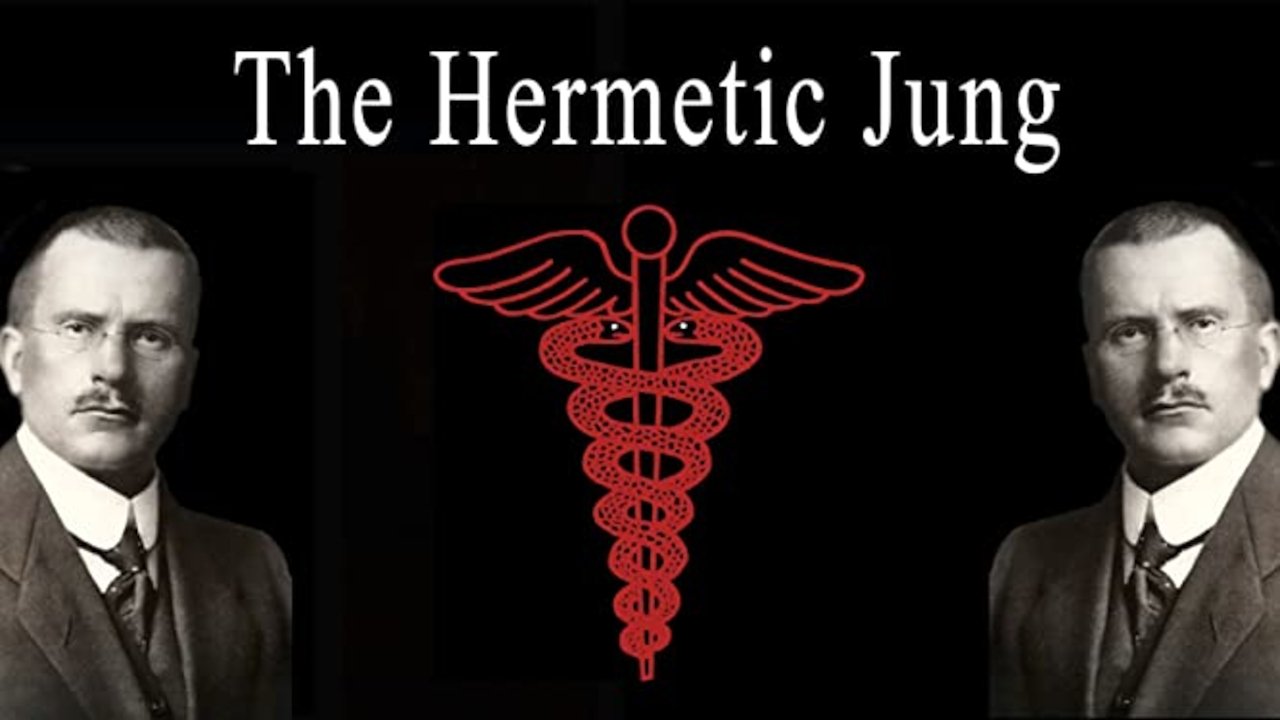
The Hermetic Jung(2016)
Was CG Jung, crown prince of psychotherapy, actually much more? Was he in fact a mystic and an adept of an ancient mystery school?
Acclaimed author Gary Lachman looks at renowned psychoanalyst C.G. Jung's work from an esoteric viewpoint, drawing parallells to the disciplines of mysticism and occultism.
Movie: The Hermetic Jung
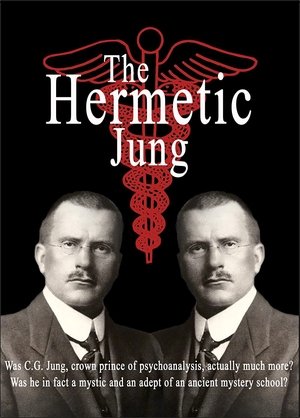
The Hermetic Jung
HomePage
Overview
Acclaimed author Gary Lachman looks at renowned psychoanalyst C.G. Jung's work from an esoteric viewpoint, drawing parallells to the disciplines of mysticism and occultism.
Release Date
2016-03-16
Average
0
Rating:
0.0 startsTagline
Was CG Jung, crown prince of psychotherapy, actually much more? Was he in fact a mystic and an adept of an ancient mystery school?
Genres
Languages:
Keywords
Similar Movies
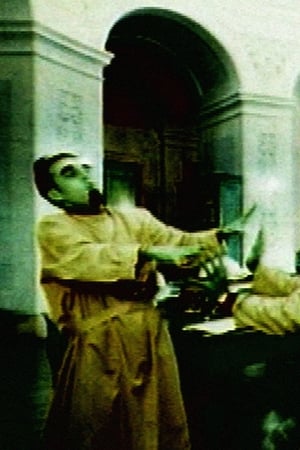 7.0
7.0Manual of Evasion LX94(pt)
“Manual of Evasion LX94” is a thought-provoking Dadaist film about time by the Portuguese director Edgar Pêra. It was shot in Lisbon in 1994 and stars Terence McKenna, Robert Anton Wilson and Rudy Rucker. Time is explored from many unusual angles, while Pêra fills the screen with a wide variety of bizarre and mind-warping imagery.
 8.0
8.0Merton: A Film Biography(en)
In his lifetime, Thomas Merton was hailed as a prophet and censured for his outspoken social criticism. For nearly 27 years he was a monk of the austere Trappist order, where he became an eloquent spiritual writer and mystic as well as an anti-war advocate and witness to peace. Merton: A Film Biography provides the first comprehensive look at this remarkable 20th century religious philosopher who wrote, in addition to his immensely popular autobiography The Seven Storey Mountain, over 60 books on some of the most pressing social issues of our time, some of which are excerpted here. Merton offers an engaging profile of a man whose presence in the world touched millions of people and whose words and thoughts continue to have a profound impact and relevance today.
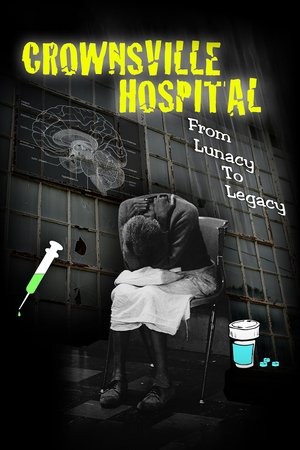 7.2
7.2Crownsville Hospital: From Lunacy to Legacy(en)
Crownsville Hospital: From Lunacy to Legacy is a feature-length documentary film highlighting the history of the Crownsville State Mental Hospital in Crownsville, MD.
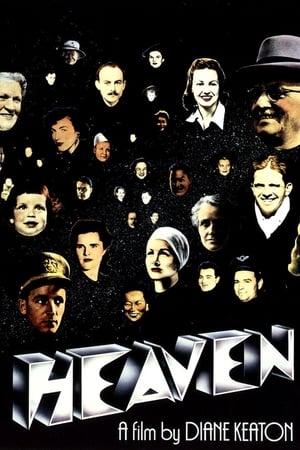 6.3
6.3Heaven(en)
A series of interviews are conducted concerning people's beliefs towards the possibility of an afterlife. The interviews are filmed against a set of strange backdrops, and are intercut with clips from classic films and a variety of stock footage.
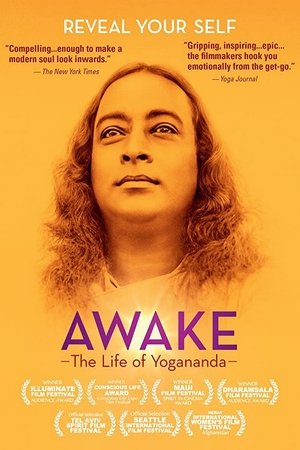 6.8
6.8Awake: The Life of Yogananda(en)
An unconventional biography by Oscar nominee Paola di Florio and Sundance winner Lisa Leeman about Hindu mystic Paramahansa Yogananda who brought yoga and meditation to the West in 1920 and authored the spiritual classic "Autobiography of a Yogi," which became the go-to book for seekers from George Harrison to Steve Jobs.
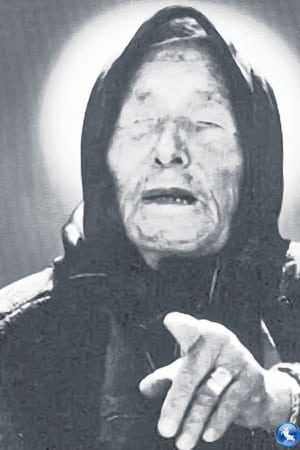 0.0
0.0Phenomenon(bg)
A portrait of Baba Vanga, born Vangeliya Pandeva Dimitrova, a blind Bulgarian prophet, mystic, clairvoyant, and herbalist. Millions of people believed she possessed paranormal abilities.The first part of the documentary portrait of the prophet Baba Vanga not only as a mysterious supernatural figure, but as a living and immediate person. The second part follows the discussion between prominent Bulgarian scientists and intellectuals who, with few exceptions, completely reject Vanga's abilities and advise the film to be reworked with a view to a materialistic understanding of man. The two parts contrast Vanga, the crowds of visitors to her home and the stiffened way of thinking of the representatives of science in Bulgaria in those years. Forbidden to the general public after its first screening.
 7.6
7.6Manufacturing Consent: Noam Chomsky and the Media(en)
A film about the noted American linguist/political dissident and his warning about corporate media's role in modern propaganda.
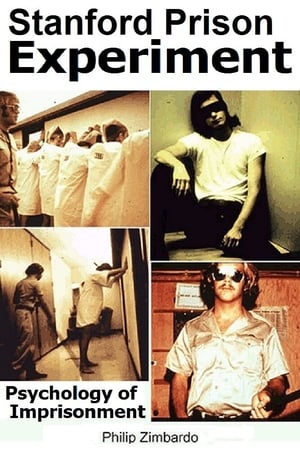 6.2
6.2Stanford Prison Experiment: Psychology of Imprisonment(en)
The Stanford prison experiment was a landmark psychological study of the human response to captivity, in particular, to the real world circumstances of prison life, and the effects of imposed social roles on behaviour. It was conducted in 1971 by a team of researchers led by Philip Zimbardo of Stanford University.
 7.3
7.3The Pervert's Guide to Cinema(en)
A hilarious introduction, using as examples some of the best films ever made, to some of Slovenian philosopher and psychoanalyst Slavoj Žižek's most exciting ideas on personal subjectivity, fantasy and reality, desire and sexuality.
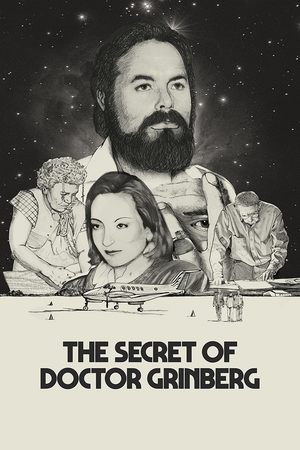 8.9
8.9The Secret of Dr. Grinberg(es)
In the early nineties, Dr. Jacobo Grinberg’s career was blooming and he gained lots of international credit as a researcher in the fields of telepathy and neurophysiology at the Universidad Nacional Autonoma de Mexico. When Dr. Grinberg mysteriously disappears in 1994, the police find no trace of him. The only thing that is clear, is that all his research material, including his computers, disappeared along with him.
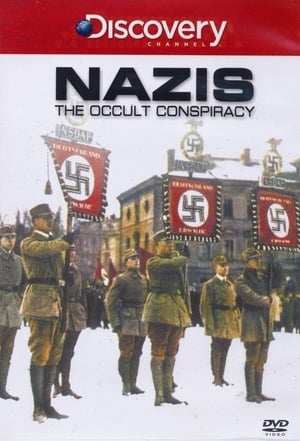 6.1
6.1Nazis: The Occult Conspiracy(en)
This documentary examines how Adolf Hitler and the Nazi regime made use of ancient mysticism, occultism, and mind-control techniques in their efforts to win the war.
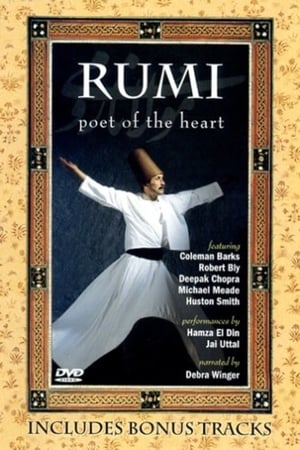 0.0
0.0Rumi: Poet of the Heart(en)
In 1244, Jelaluddin Rumi, a Sufi scholar in Konya, Turkey, met an itinerant dervish, Shams of Tabriz. A powerful friendship ensued. When Shams died, the grieving Rumi gripped a pole in his garden, and turning round it, began reciting imagistic poetry about inner life and love of God. After Rumi's death, his son founded the Mevlevi Sufi order, the whirling dervishes. Lovers of Rumi's poems comment on their power and meaning, including religious historian Huston Smith, writer Simone Fattal, poet Robery Bly, and Coleman Barks, who reworks literal translations of Rumi into poetic English. Musicians accompany Barks and Bly as they recite their versions of several of Rumi's ecstatic poems.
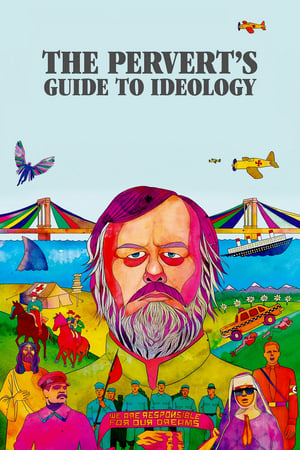 7.3
7.3The Pervert's Guide to Ideology(en)
A journey into the labyrinthine heart of ideology, which shapes and justifies both collective and personal beliefs and practices: with an infectious zeal and voracious appetite for popular culture, Slovenian philosopher and psychoanalyst Slavoj Žižek analyzes several of the most important films in the history of cinema to explain how cinematic narrative helps to reinforce prevailing ethics and political ideas.
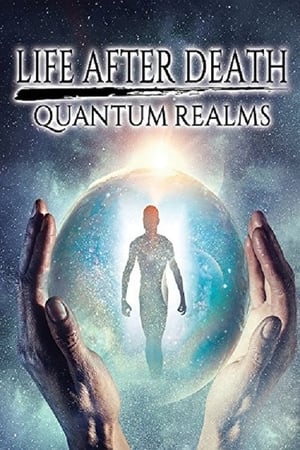 0.0
0.0Life After Death: Quantum Realms(en)
Tens of thousands of years ago man stood upright; looked around and discovered existence. He was suddenly conscious of himself and the universe. And soon he needed to explain everything he saw and experienced. He embarked on a journey of discovery so profound it gave rise to the religions of the globe and even modern science. What is the meaning of life; is there life after death; and is there a God? These were the most fundamental questions anybody has ever dared to ask. Today, after thousands of years of searching and the development of modern science, we are moving closer to the answers than ever before. What we have discovered is that existence in the macro world matches that of the micro world. As it is above, so it is below and this understanding unlocks the answers we are searching for. Through quantum physics we can now finally look upon the face of God and see the meaning of existence.
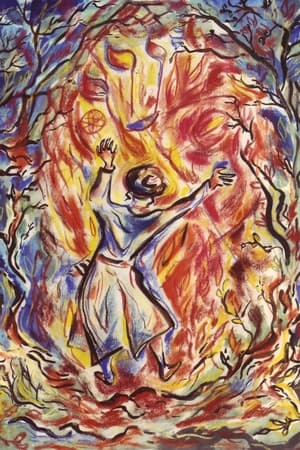 0.0
0.0A Fire in the Forest: The Life and Legacy of the Ba'al Shem Tov(en)
Rabbi Israel ben Eliezer (1698-1760), known as the Ba'al Shem Tov ("Master of the Good Name"), is one of the most beloved and celebrated, yet elusive, figures in Jewish history. Today, Jews worldwide – and even non-Jews – revere him as the founder of the Hasidic movement, a 18th-century offshoot of Judaism that promotes a mystical interpretation of the Bible, and as a model of piety and spirituality. The documentary A FIRE IN THE FOREST explores the life and legacy of the Ba'al Shem Tov through interviews with religious leaders and scholars, and on-location footage. The title derives from a tale about rabbis finding a hidden fire in the forest where they could appeal to God for help and have their prayers answered.
 0.0
0.0Carl G. Jung by Jerome Hill or Lapis Philosophorum(en)
In 1950 Jerome Hill went to Zurich with the intention of making a film about Dr. Carl G. Jung. The project was abandoned when Hill decided that Jung was not a good subject. After Hill's death, Jonas Mekas edited the film which focuses on Dr. Jung as a person.
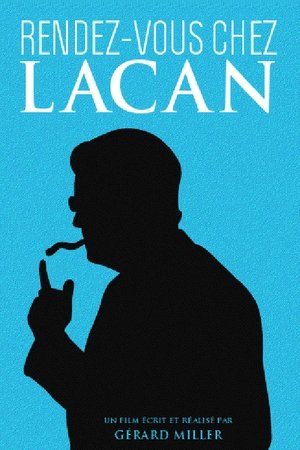 6.7
6.7Rendez-vous chez Lacan(fr)
Do you know Lacan, which many consider as the greatest psychoanalyst since Freud? Beyond the myth, the legends and sometimes, the curses, this film by Gérard Miller allows us to discover his work and his personality, through the testimony of his patients, his students, and also his relatives. Born with the XXth century into an upper-middle-class Catholic family, a psychiatrist by training, with an encyclopaedic knowledge of culture, a friend of Picasso, Levi-Strauss and Sartre, Lacan was a great theoretician, an outstanding practitioner, and he remains the most modern, the most challenging and even the most sulphurous of psychoanalysts. The director Gerard Miller met Lacan thanks to his brother, Jacques-Alain, the most faithful of his students, who married his daughter Judith. Their close and intense relationship makes this film exceptional.
 5.0
5.0Juzo Itami: The Man with 13 Faces(ja)
A documentary about the legendary Japanese filmmaker.
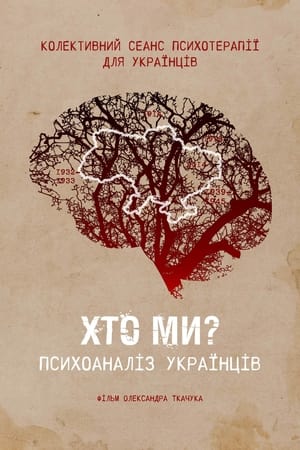 9.3
9.3Who are we? Psychoanalysis of Ukrainians(uk)
A film about the collective psychological traumas of Ukrainians.
Jung On Film(en)
This compelling film represents a rare record of an original genius. In Jung on Film, the pioneering psychologist tells us about his collaboration with Sigmund Freud, about the insights he gained from listening to his patients' dreams, and about the fascinating turns his own life has taken. Dr. Richard I. Evans, a Presidential Medal of Freedom nominee, interviews Jung, giving us a unique understanding of Jung's many complex theories, while depicting Jung as a sensitive and highly personable human being.